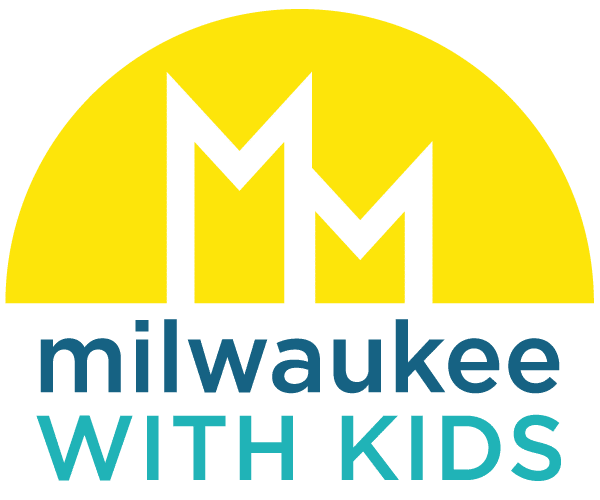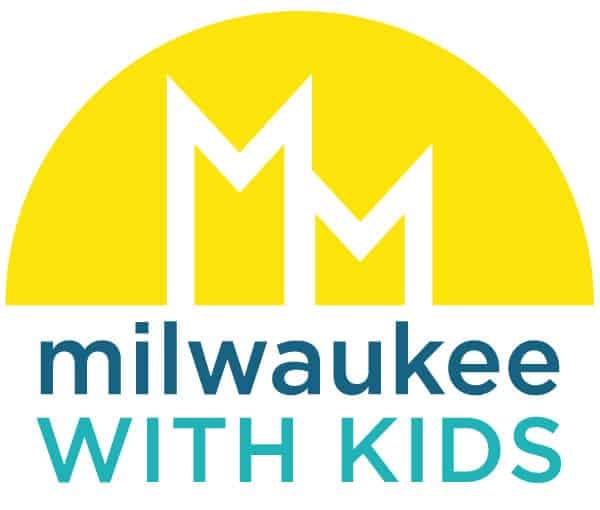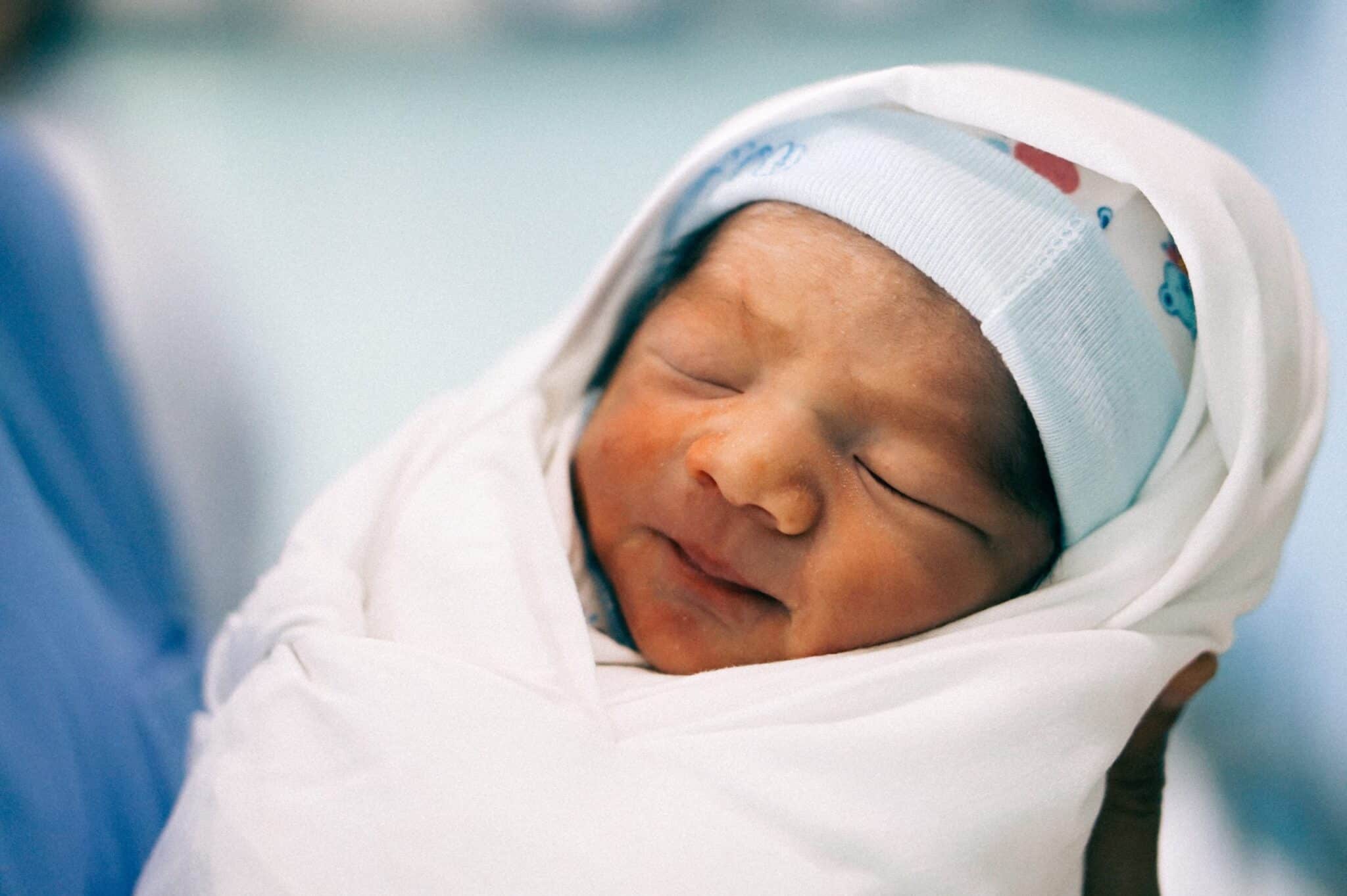MKE With Kids is partnering with the Cudahy Healthy Department to raise awareness and erase any stigma surrounding postpartum depression and other disorders.
OVERVIEW
According to World Maternal Mental Health Day, as many as 1 in 5 women experience some type of perinatal mood and anxiety disorder (PMAD). Postpartum depression is perhaps the most well-known disorder, but PMADs also include postpartum anxiety, postpartum obsessive compulsive disorder, postpartum bipolar, and postpartum psychosis.
Pregnancy and a new baby can bring a range of emotions. Many feel overwhelmed, sad, or anxious at different times during pregnancy and after the baby is born. These feelings typically start within the first few days after birth and last for a week or two weeks after birth, but they can also start many months later.
For some, these feelings go away on their own. But for some, these emotions are more serious and may stay for some time. If these feel continue for more than two weeks, you should seek medical help and be evaluated for postpartum depression.
Feeling bad after giving birth does not make you a “bad” parent.
No one is immune from postpartum disorders. Women of every culture, age, income level and race can develop perinatal mood and anxiety disorders.
Estimates suggest that between 11–20% of mothers and 8-10% of fathers experience postpartum depression.

SYMPTOMS
Symptoms can appear any time during pregnancy and the first 12 months after childbirth. Common symptoms of Postpartum Depression include:
-Mood swings
-Sadness
-Feeling overwhelmed
-Trouble sleeping.
-Loss of interest in your baby
-Not looking forward to things you used to enjoy
-Blaming yourself unnecessarily
-Being overly anxious or worried
-Feeling hopeless or miserable most of the time
-Uncontrollable crying
-Thoughts of harming yourself or the baby- this requires immediate medical care.
Estimates are that 7 in 10 women hide or downplay their symptoms. Without understanding, support, and treatment, these mental illnesses can have a devastating impact on the women affected and on their partners and families.

Help is Available
There are effective and well-researched treatment options available to help women recover from postpartum depression and other disorders.
If you’re experiencing symptoms of postpartum depression, talk to your health care provider right away or call the Third Coast Clinic in Cudahy at 414-769-2239 for a depression screening. Call 911 or your local emergency assistance number to get immediate help.
The National Suicide Prevention Lifeline is 1-800-273-TALK (1-800-273-8255), or you can use their webchat on suicidepreventionlifeline.org/chat.
Additional Resources:
- The Periscope Project
- Aurora Health Care: Post Partum Depression
- Post Partum International, WI Chapter
- Catholic Charities Behavioral Health/Counseling Services
- Children’s Wisconsin
Calie Herbst, Editor-in-Chief of Milwaukee With Kids, has spent over a decade combining her experiences as a parent of three to create a hub for Milwaukee’s family adventures.
Her decade-long teaching career in Milwaukee Public Schools and academic background, including a Master’s in Teaching from Marquette University and dual B.A.s in Sociology and Spanish from the University of Wisconsin – Madison, fuel her passion for inclusive and engaging family content.
Calie is also a recognized voice in local media, contributing to WISN Channel 12 News, WTMJ Wisconsin Morning News, Fox 6’s Real Milwaukee, and B93.3.
Discover more about Calie’s journey and editorial approach on her About Page and Editorial Policy Page.









